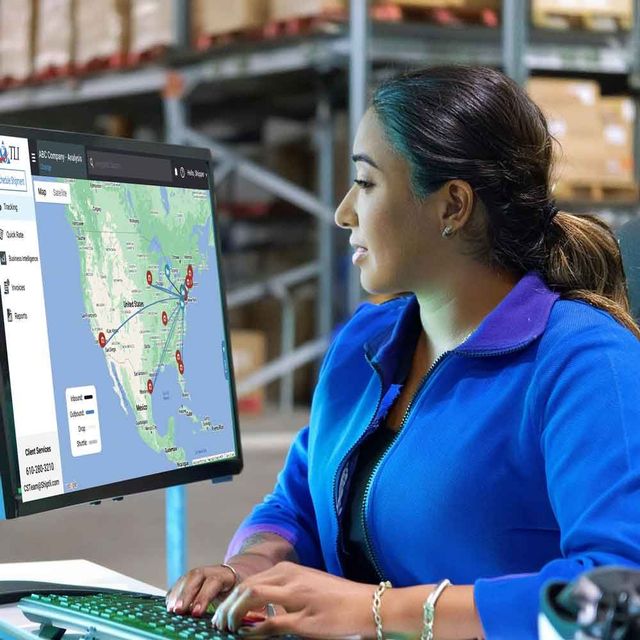In today’s fast-paced supply chain moving freight isn’t simply about routes and trucks today. It’s more about flexibility, data, and having the best systems in place handle the unexpected. Whether you’re a manufacturer trying to get products out in time or a distribution company with multiple shipments per day Your logistics partner has to provide more than the basic freight services. They must provide security, control and transparency.

Image credit: translogisticsinc.com
3PLs and the latest freight brokerage services can help to revolutionize the business.
The Modern Freight Broker is More Than an Middleman
In the past, freight brokers were seen as people who acted as bridges between shippers and carriers. Freight brokers are now strategic partners in managing transport complexity for customers. They negotiate better rates, evaluate reliable transporters, resolve disruptions, and assist in avoiding costly delays.
In the end, a good freight broker doesn’t just save you money — they save you from logistics headaches that could hurt your bottom line.
Translogistics, Inc., (TLI) businesses are redefining the ways in which this relationship works. By offering multimodal freight brokerage services, they allow businesses to shift between parcel, LTL (less-than-truckload), and volume LTL shipments depending on urgency, budget, or customer needs. This flexibility is important more now than ever before.
The 3PL Provider: an Extra layer of strategic planning You Don’t You
If you’re working with multiple carriers, juggling invoices, tracking shipments manually, or managing claims in a spreadsheet, it might be time to consider a 3PL provider. Third-party logistic partners can assist you to cut down on time by taking over the tedious work.
A reputable 3PL can provide more than just outsourced services; they bring structure, strategy, and experience. They’ll review your shipping patterns, recommend more efficient solutions, and implement technology-driven logistics processes. You’re not just reacting to problems, but you’re preventing the occurrence of problems. In an industry that demands transparency and effectiveness, the tools that are used behind the scenes could make significant differences.
What’s the function of a Transportation Management System?
Imagine a Transportation Management System as the primary control for your cargo. This is your digital brain that lets you monitor your, control and optimize all of your shipping on one platform. A TMS offers you the ability to control and monitor your shipments that you had been missing. It’s able to handle everything from creating Bills of Lading to viewing real-time rates for carriers.
Translogistics’ ViewPoint TMS platform for instance, was developed with precisely the same goals in mind. The system compares rates between various modes. It also offers drag-and drop data entry powered by AI to remove manually typing process that can slow down teams. This is a prime example of how technology in logistics is improving to enable quicker, more efficient and precise operations.
What it all boils down to is partnership
At the end of the day, logistics isn’t only about processes and services. It’s about people. You need a team that understands the stakes in the event of a delivery being late or a dependable carrier. That’s why picking a 3PL service or freight broker isn’t just about a transactional one. It’s a decision that’s strategic.
Look for a partner who responds, adjusts and invests in the technology that will keep your supply chain moving forward. Someone who will handle your cargo as fast and with as much care as you. When you’ve got the best assistance, your freight will become an effortless process. Your business is equipped to expand. Modern logistics is not just moving freight. It’s about making smarter decisions.